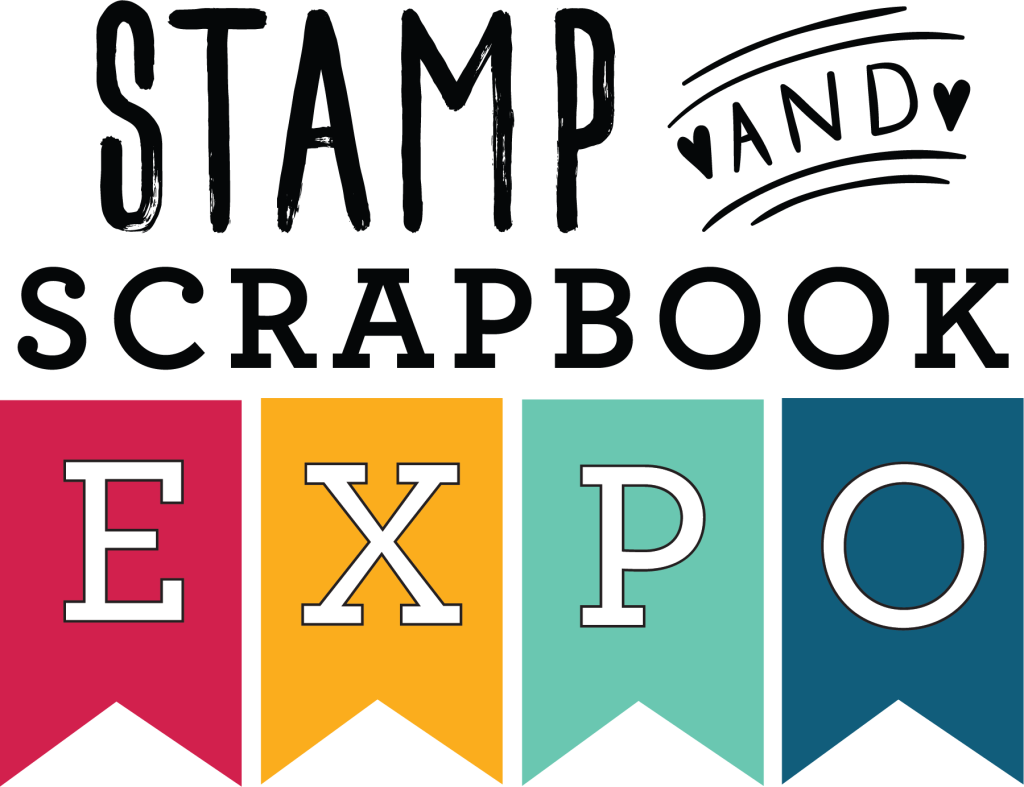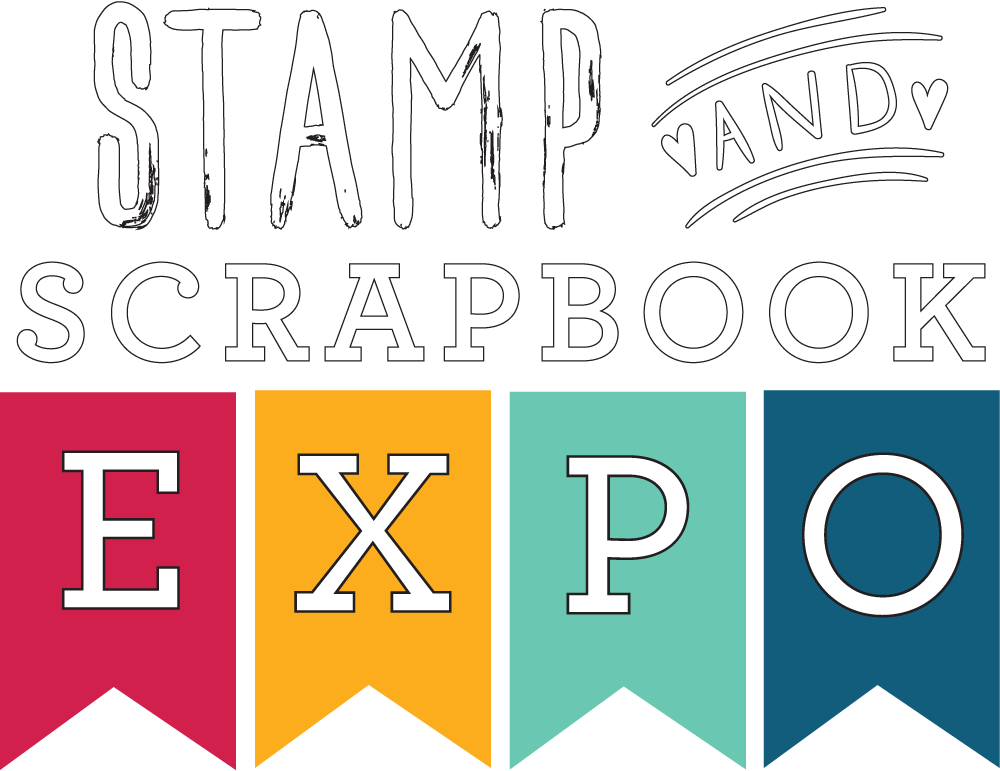Do you ever wonder how to store all of your crafting tools? What will make it easy and convenient? Today’s inspiration is a beautiful caddy for your tools. Not only do you get convenience but also very attractive to set on your desk, shelf, table etc. Our wonderful inspiration today was created by a very talented lady Anna-Karin. Be sure to pop on over to her blog Layers of Ink. You will be so happy you did, you will be filled with tons more inspiration and motivation on crafting.
Dies are amazing and can be used for so many different projects. This project was created with only one die. This is a great example of a versatile die. Along with this wonderful die Tim Holtz Nautical Blueprints stamps were used to give this caddy a summer feel.
Start by die cutting four shopping bags from cream mat board, or even chipboard. You will be using an X-Large die.
Assemble three of the bags.
Before assembling the fourth bag, cut it a little shorter, measuring the base of the other three stacked in front of each other. Anne’s was just under 4 inches.
Glue the three bags together and place them under a heavy book.
Glue the shorter bag under the other three, as you can see above. This will create a horizontal compartment. Again, place under a heavy book.
Measure the back and the sides of the caddy, and cut mat board pieces to cover the joints and give you a flat surface to work on. Anna’s were approximately 4 x 5.9 inches for the side pieces, and 3.8 x 5.9 inches. Be sure to measure yours first, as it might vary depending on the thickness of the material you use.
Coat all the sides with Gesso.
Wrap tissue tape around all the edges. Paint the edges with multi medium first, to make sure the tape was firmly stuck down.
Paint with Antique Linen.
Paint with Tumbled Glass and Pumice Stone.
Stamp images and sentiments on tissue paper, or directly on your project. Paint gloss multi medium where the tissue will go. Place the stamped tissue paper on top, smooth down with a top coat of mulit medium. Since this is dimensional it is hard to stamp on so be very careful to not mess up. The whole caddy outside and inside were covered with mult medium to make it more durable.
Paint the images using distress paints.
Stamp here and there with a crackle stamp. Hold the cling stamp in your hand instead of mounting it on an acrylic block. This will give it a more random look. Use a marker to bring back some of the lines on the stamped images that have been covered up with paint.
For a sandy feeling, Distress Embossing Powder works perfect. Always shake the jar first. Apply embossing ink, sprinkle with powder, melt with a heat gun, (Do not bubble the paint) and when cool rub off the release crystals.
Dry brush Walnut Stain here and there, especially around the edges. Add a shadow to the images with the same paint to make them look more dimensional.
Mix a little Walnut Stain and Pumice Stone into Wendy Vecchi’s White Embossing Paste. Smear through a burlap stencil here and there.
Splatter a little bit of Walnut Stain paint on the caddy.
It is so fun to see how such a plain surface can be magically altered with paint, ink, stamps, and stencils. Your embellishments that you use have them be ones that you can alter with paint.
The word band was attached with brads, this made sure it was stuck on.
Embossing powder was painted on top to make it blend in more with the background. This has a great sandy texture.
Don’t you just love the effect of the crackle stamped here and there? The brown shadows of the star fish make it look more dimensional.
The clock, gear and game spinner were all altered with Distress Paint. When dry, then sanded them slightly.
Use some of your favorite quote stamps on the caddy. Little notes or other types of papers can be temporary held in place with the hinge clip.
Use a swivel clasp as another little storage idea, for the embellishments you can use gears, a mini hanger, or even tiny little tags. Here and there you can see the tissue tape through the layers of paint and ink, and it also helped to cover up all the joints.
Here you can see the three compartments from the top. If you need a large caddy, you can easily add more compartments.
Without anything inside, the caddy looks like this. I hope this has inspired you to make a special caddy for your crafting tools. I would like to say Thank You to Anna Karin for sharing this wonderful tutorial with us, and getting us inspired to create.
Have a wonderful day!
SUPPLIES
Dies
- Coupon/Mini Shopping Bag (Sizzix 658055 $39.99)
Stamps
- Nautical Blueprints (Stampers Anonymous/Tim Holtz pp-stcms194 $21.95)
- Mercantile (Stampers Anonymous/Tim Holtz pp-stcms189 $29.95)
- Cracks and Specks (Stampers Anonymous/Tim Holtz pp-stcms186 $21.95)
- Going Somewhere (Stampers Anonymous/Tim Holtz pp-st-cms090 $20.05)
- Stuff to Say (Stampers Anonymous/Tim Holtz pp-st-cms110 $20.05)
Stencil
- Burlap (Tim Holtz pp-stths007 $5.49)
Supplies Used (Not Shown)
- Archival Ink Jet Black
- Antique Linen Distress Paint
- Pumice Stone Distress Paint
- Tumbled Glass Distress Paint
- Broken China Distress Paint
- Peacock Feathers Distress Ink
- Walnut Stain Distress Ink
- Emboss -It Dabber
- Embossing Powder Antique Linen
- Multi- Medium
- White Gesso
- Wendy Vecchi White Embossing Paste
- Game Spinners
- Observations Word Bands
- Cream Mat Board
- Symphony Tissue Tape
- Sprocket Gears
- Long Fasteners
- Hitch Fasteners
- Hinge Clips
- Swivel Clasps
- Timepieces



































